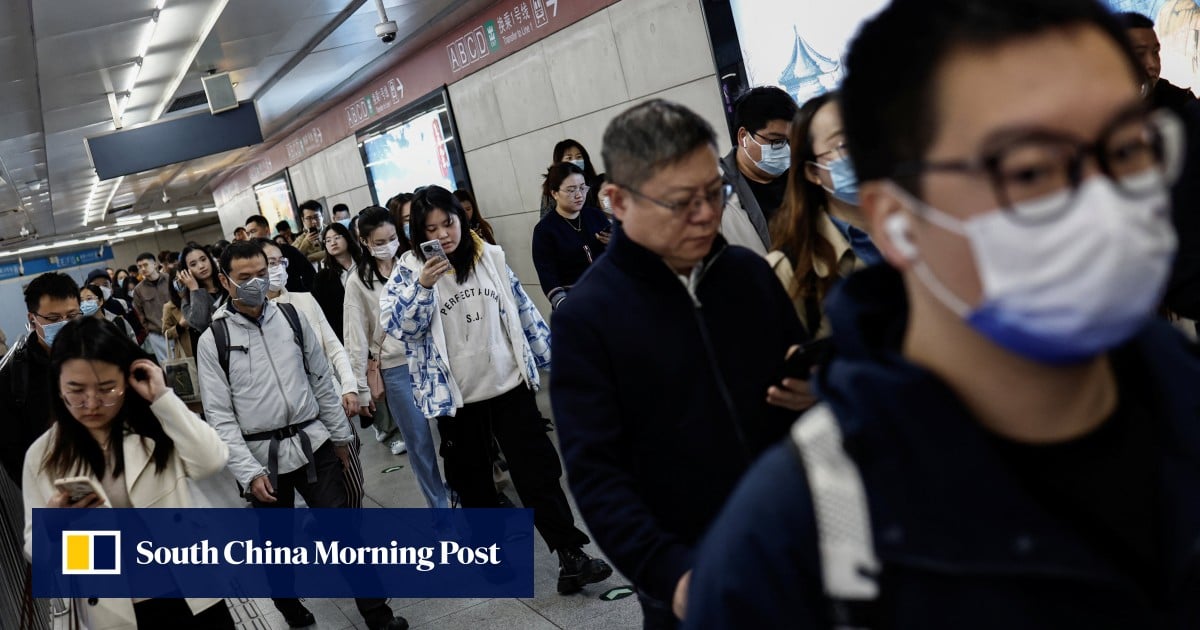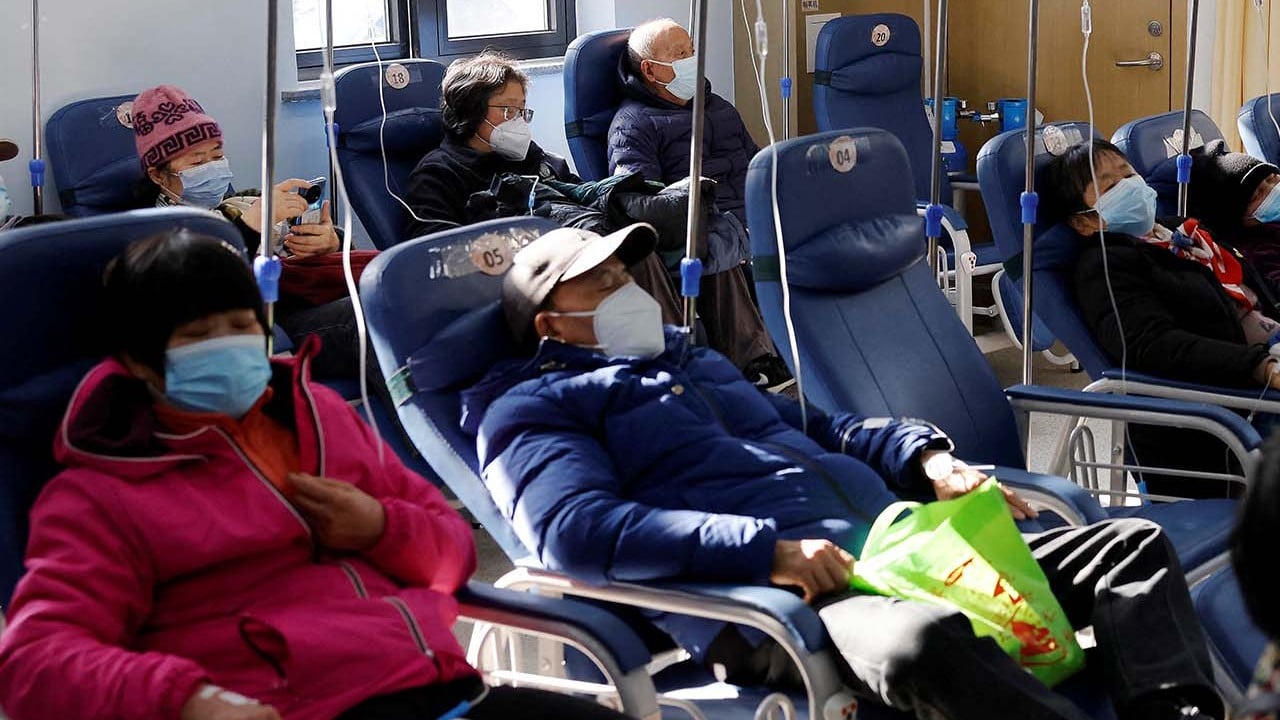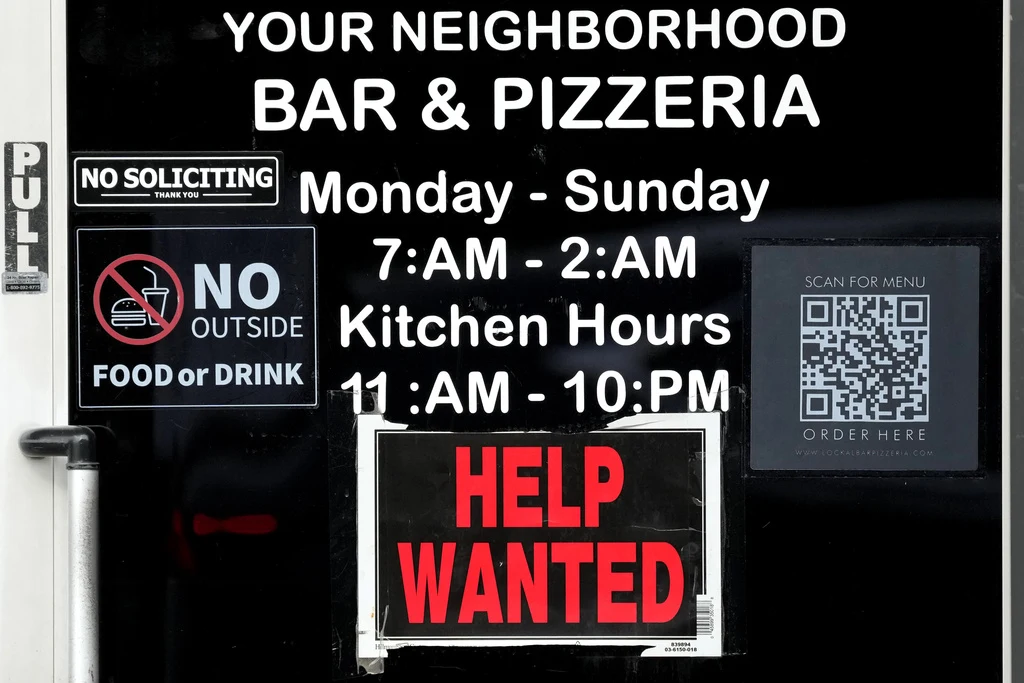One of the complaints – which snowballed into a debate that drew a response from state news agency Xinhua – came after a social media user found that some Beijing subway stations still required identity verification to issue tickets.
“I want to make sure that it is implemented in accordance with a currently valid regulation,” the user posted in February on Xiaohongshu, or “little red book”, China’s answer to Instagram.
The Covid-era rule requires that a passenger either scan their national identity card on the ticket machine dashboard or type in the information, such as their ID card number and real name, before a ticket is issued.
The user called Beijing’s municipal public hotline to express their concerns. The subway company responded that the real-name system for boarding was in line with existing rail transit safety regulations in Beijing.
Other major Chinese cities such as Shanghai and Shenzhen do not have such restrictions.
The real-name requirement for subway travel was introduced in 2022, when the Chinese government used a health code app to track the movements and personal interactions of Covid-19 cases as a way to contain transmission.
Hainan’s chaos shows the bad, ugly – and scary – of China’s Covid control nexus
Hainan’s chaos shows the bad, ugly – and scary – of China’s Covid control nexus
The new rules were spelled out in a Beijing Municipal Transport Commission notice in May that year.
“We have made some technical upgrades, which can link boarding code, transport card and health information, and automatically verify a passenger’s identity when they pass through the turnstile,” it said.
College campuses and museums in Beijing also still require real-name registration for entry. Although many machines for facial recognition and ID card scanning were set up before the pandemic, the adoption of verification technology became more widespread during Covid-19.
Some hospitals also have yet to lift limits on the number of visitors for patients, imposed during the pandemic. “No relative visits and accompaniment unless necessary,” a September 2021 notice from Beijing’s joint epidemic prevention-and-control mechanism office said.
The rules have sparked heated debate on social media, with those in support saying campus controls prioritise student and staff safety, while hospital restrictions can help to prevent infections. Some said they did not mind scanning ID cards for subway or museum tickets, and convenient access to university campuses.
However, others complained of being left with the expensive option of having to hire a hospital carer when family members were not allowed to stay overnight in medical facilities. The hospitals, meanwhile, cited either limited space and risk of infection, or simply no change in rules since the pandemic.
Noted outlets China National Radio and Beijing Daily have reported on the issue, with Xinhua now also weighing in.
“Now that social life is fully restored, outdated practices should be lifted,” it said in a commentary published on Thursday.
The article also praised the gradual reopening of some university campuses to the public, and both online and offline options for ticket sales for some museums.
In December 2022, China downgraded the severity of the coronavirus pandemic before gradually lifting all related restrictions countrywide.








